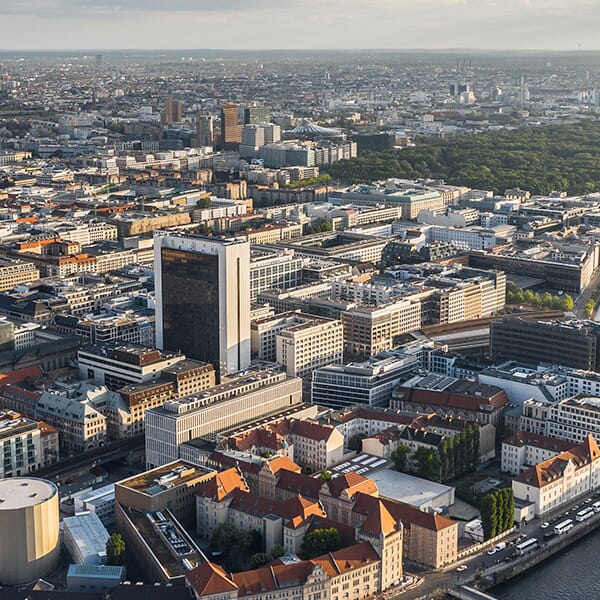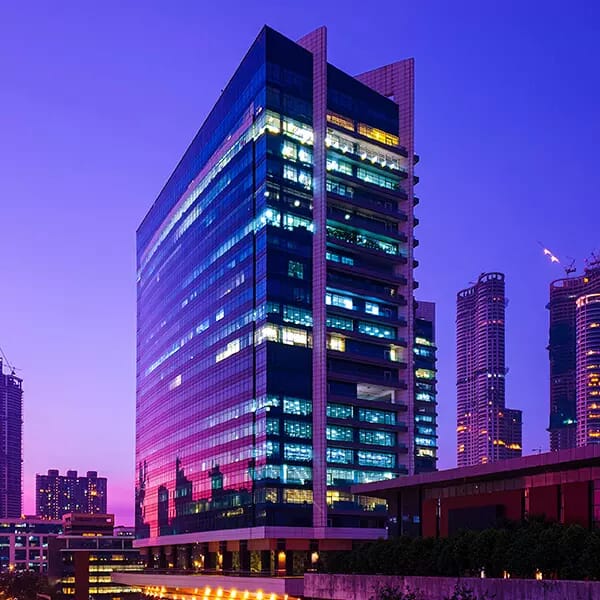 Square Asset Management
Square Asset ManagementPortuguese retail remains robust against E-commerce
Chairman of Square Asset Management Pedro Coelho talks about the recent developments in the retail sector
Pedro Coelho is Chairman of Square Asset Management, which is considered the largest independent real estate asset manager in Portugal with an Open Fund totalling €750 million without leverage. He talks to the GRI Hub about the current retail climate in Portugal.
How ecommerce affects Portuguese retail
It must be noted that ecommerce is less established in Portugal than the rest of Europe, something Coelho points out immediately. With about 69% of the population having access to the internet, they are about 15% below the European average and 25% below the UK. Paired with the less established logistics sector that would otherwise support a growth in ecommerce, traditional retail is more bound to remain resilient.
“I would say that, for the moment, it isn't affecting retail that much - perhaps because Amazon is only now starting to penetrate the market. It’s here, but it has nowhere near as much of a presence compared to the UK or Germany,” Coelho says.
“It’s important to note that in Portugal, the distribution of the population is naturally in places close to the sea and as a side effect, there are some more isolated places more in-land. So outside of the coast there are these towns and cities with a large distance between them, which might prove difficult to tackle from a logistics point of view. As this also affects travel, traditional local retail is often very successful and hasn’t seen a significant decline in the way that some of the other European countries have.”
Retail: used more in mixed use schemes or stand alone schemes?
Recently Portugal has seen more and more deals featuring mixed use acquisitions as opposed to stand alone schemes. These assets often present an opportunity to add value by capturing reversion through active asset management, selective capital expenditure and adaptable strategies. This trend is more popular around Portugal’s two major cities, Lisbon and Porto. Pedro Coelho explains why this might be: “Retail is special because due to an old law that is now being changed, the rent of busy high street retail was essentially frozen, and so the development of new retail halted as the yields wasn’t as attractive. This is why over the last 2-3 decades the development of shopping centres became quite popular, as they could craft the spaces and rents from scratch without having to charge minimal rent.”
What are your initial thoughts and predictions regarding Portugal’s SIGIs?
With the recent launch of SIGI’s, everyone is waiting to see how the Portuguese market will react. For Coelho, he believes this is the beginning of a huge economic boost for Portugal:
“It’s absolutely a good thing. My initial thoughts on it were it is good because it will attract comfortable and foreign investment because people already understand the brand and the concept. Also because its listed, you can have liquidity easier than directly investing.
I believe two or three SIGI’s will be created before the end of the year. It may be a slow start but as soon as these companies start building track records and the trust of their clients over time, it will grow.”
“My view is that retail investors have been quite conservative because of capital markets, and the initial investments will most likely come from pension funds and other institutional investments until the medium is established.”
Pedro Coelho will be joining other C-level investors, developers and lenders for further insight into the market at Europe GRI, taking place on 11-12 September in Paris.
For a more concentrated look at the future of the Portuguese market, Portugal GRI takes place on 27-28 May, 2020.







